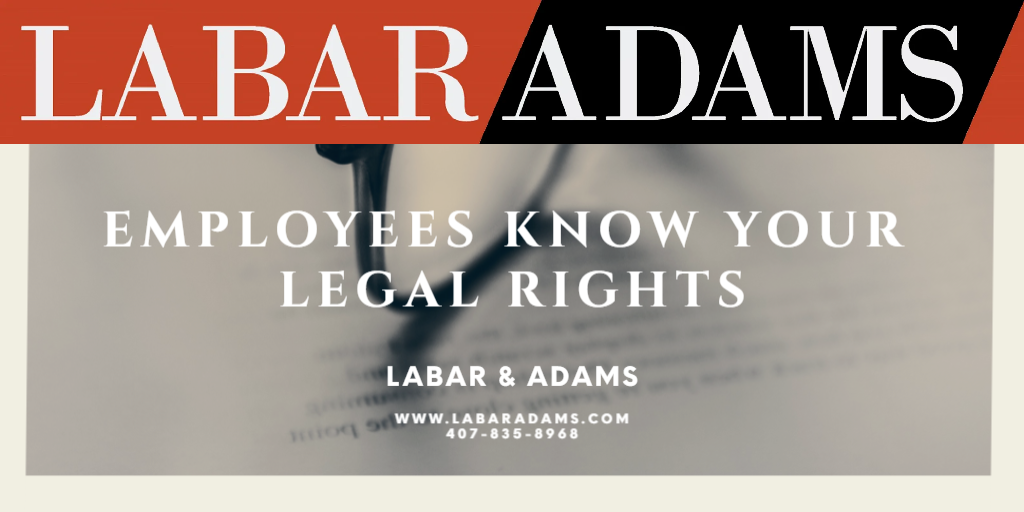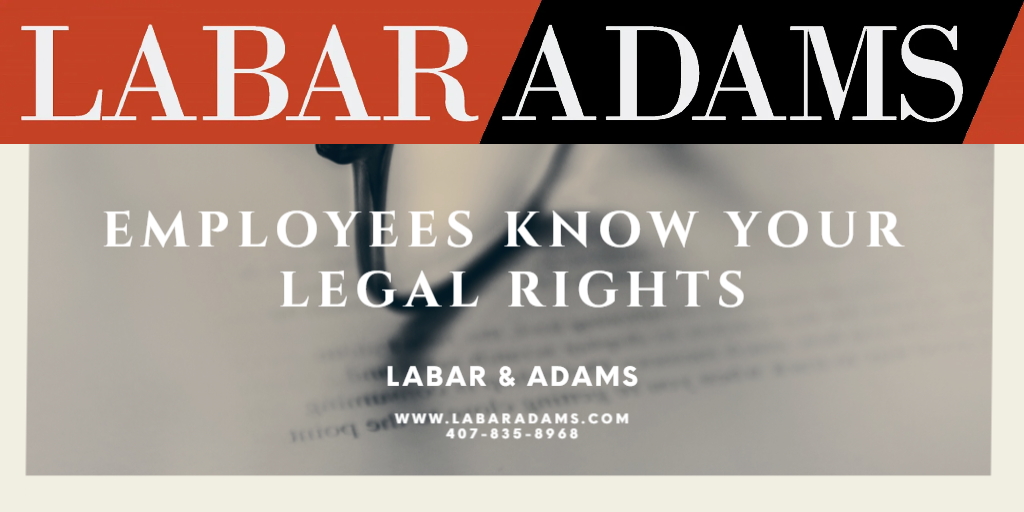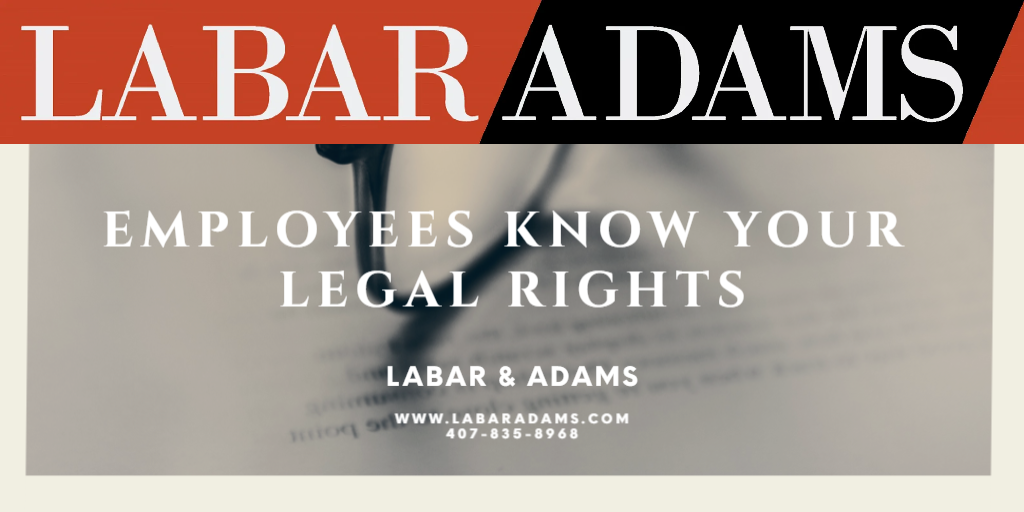The Employment Lawyers at LaBar & Adams, P.A. often get the statement from employees: “I cannot prove I worked overtime because there are no records of the lost time worked.” Let’s briefly explore this statement. The FLSA requires that employers pay covered and non-exempt employees time and half for all time worked over forty (40) hours in a given workweek. Seems straightforward, doesn’t it? But how does an employee prove that he worked over forty hours?
The FLSA requires that employers keep and preserve records of the wages paid to employees and their hours worked. As such, to determine if an employee received proper overtime pay one would consult the employer’s records that tracked an employee’s hours and the wages paid for those hours. But what happens when an employer’s records are inadequate or untrustworthy?
Take for example, a situation where the employer sets-up a time tracking system where the employer makes the employee responsible for tracking time worked by “punching” a clock, recording the time in a computer program, or writing the time down on a timesheet. What occurs when the time recorded is not accurate?
Practically speaking, what typically happens is that the employer blames the employee. You may say- wait a minute is it not the employer’s responsibility pursuant to the FLSA? Yes, it is. How then can the employee be responsible for the failure to maintain accurate records? The short answer is, under the law, the employee is not responsible, the employer has the responsibility. Even though the employer may have delegated this legal duty to the employee, the employer is ultimately responsible. But this does not answer the question- how can an employee prove they worked overtime when there are no records?
When records are unavailable the employee’s testimony, if believed by a jury, is sufficient to award overtime damages. It is recognized that overtime damages in an FLSA case can vary widely, often appear confused and contradictory, can be based upon rough computations of an employee’s subconscious mind, and can be demonstrably inaccurate. In fact, the Supreme Court has stated employees’ evidence “may be and frequently are untrustworthy.” But, because the employer has violated its recordkeeping obligations, it cannot complain that “damages lack the exactness and precision of measurement” when it has failed to keep track of time worked.
If you or someone you know has been a victim of an unfair employment practice, please contact the employment lawyers at LaBar & Adams, P.A. at 407-835-8968 or www.labaradams.com.





